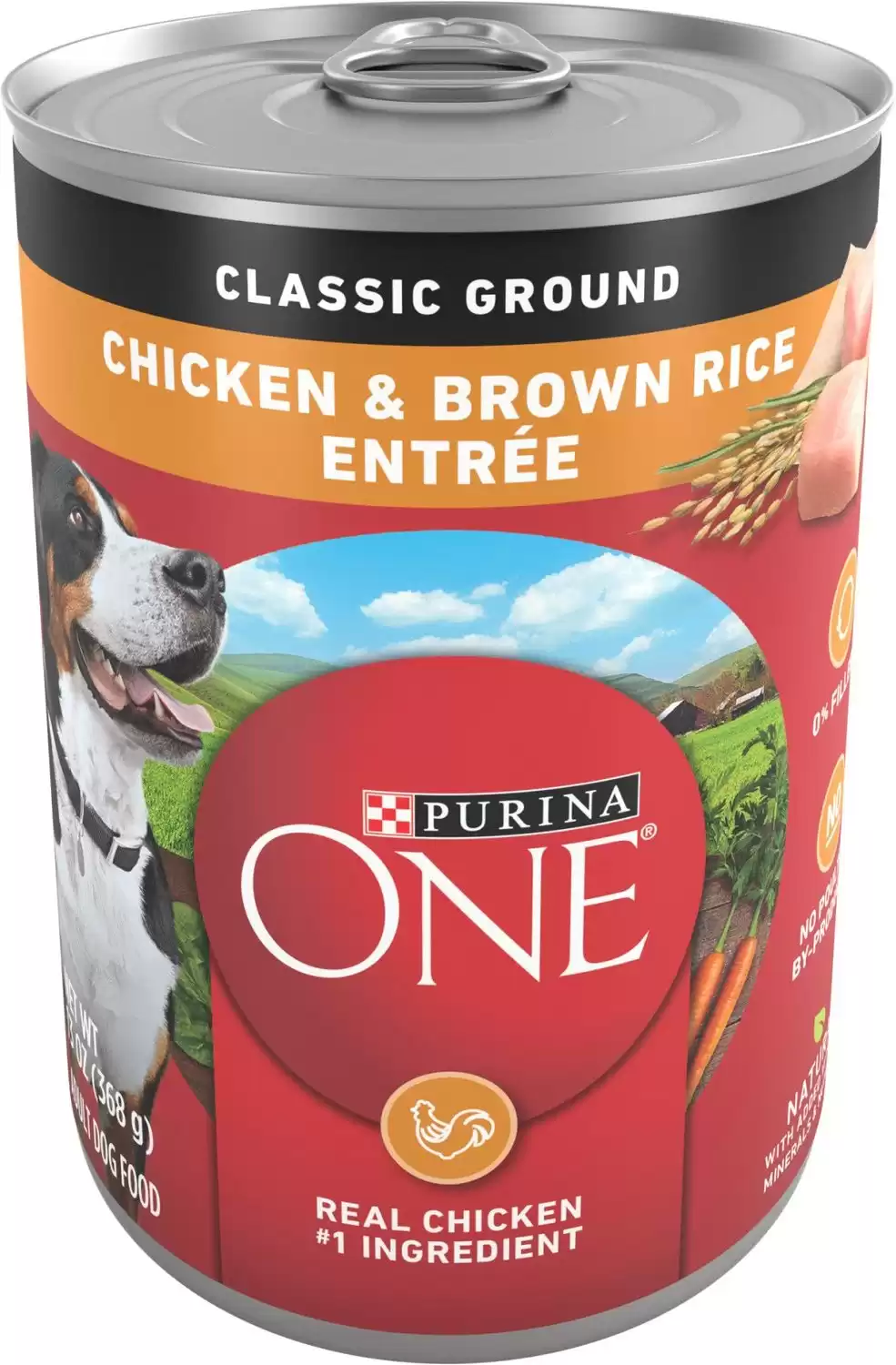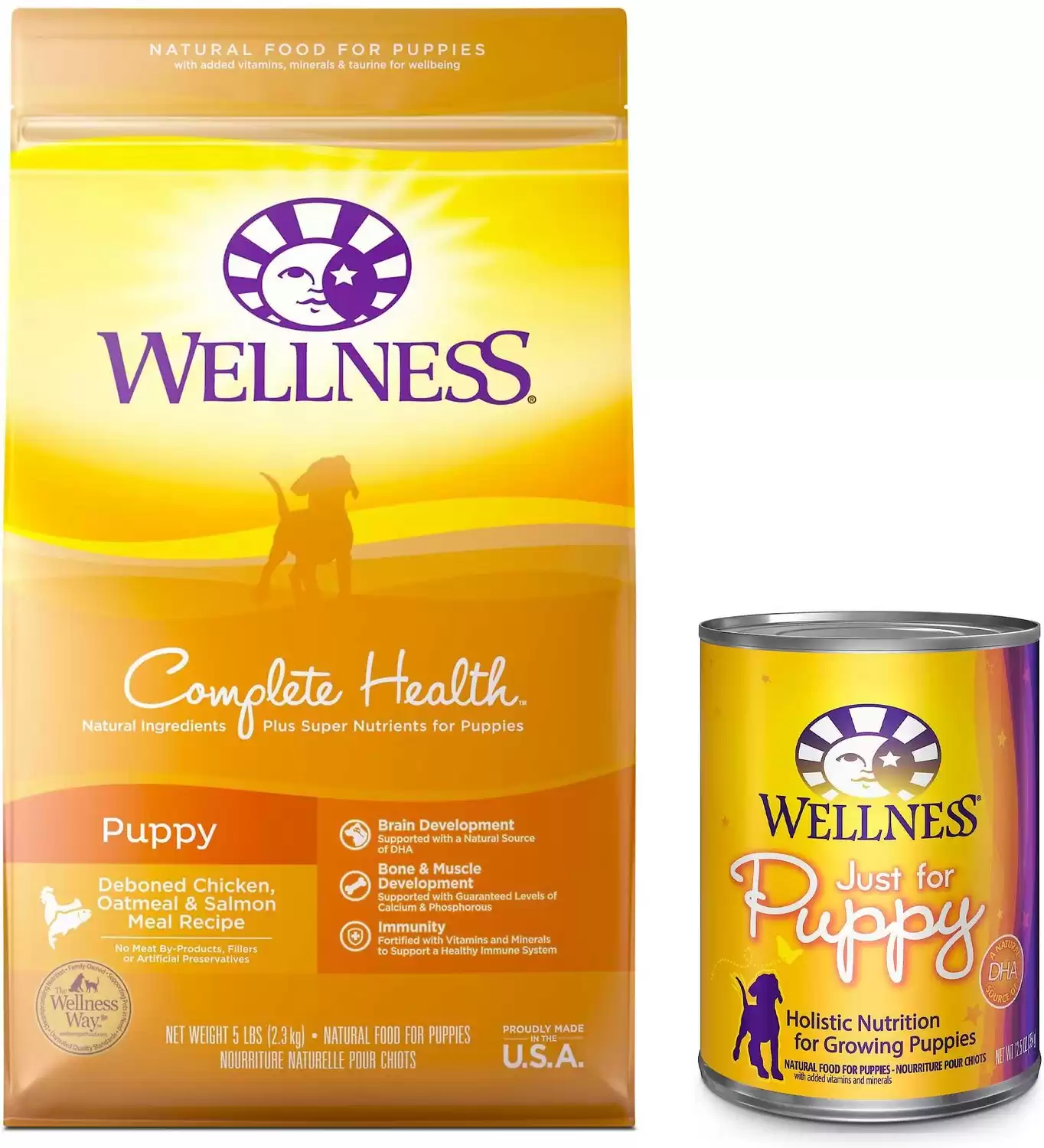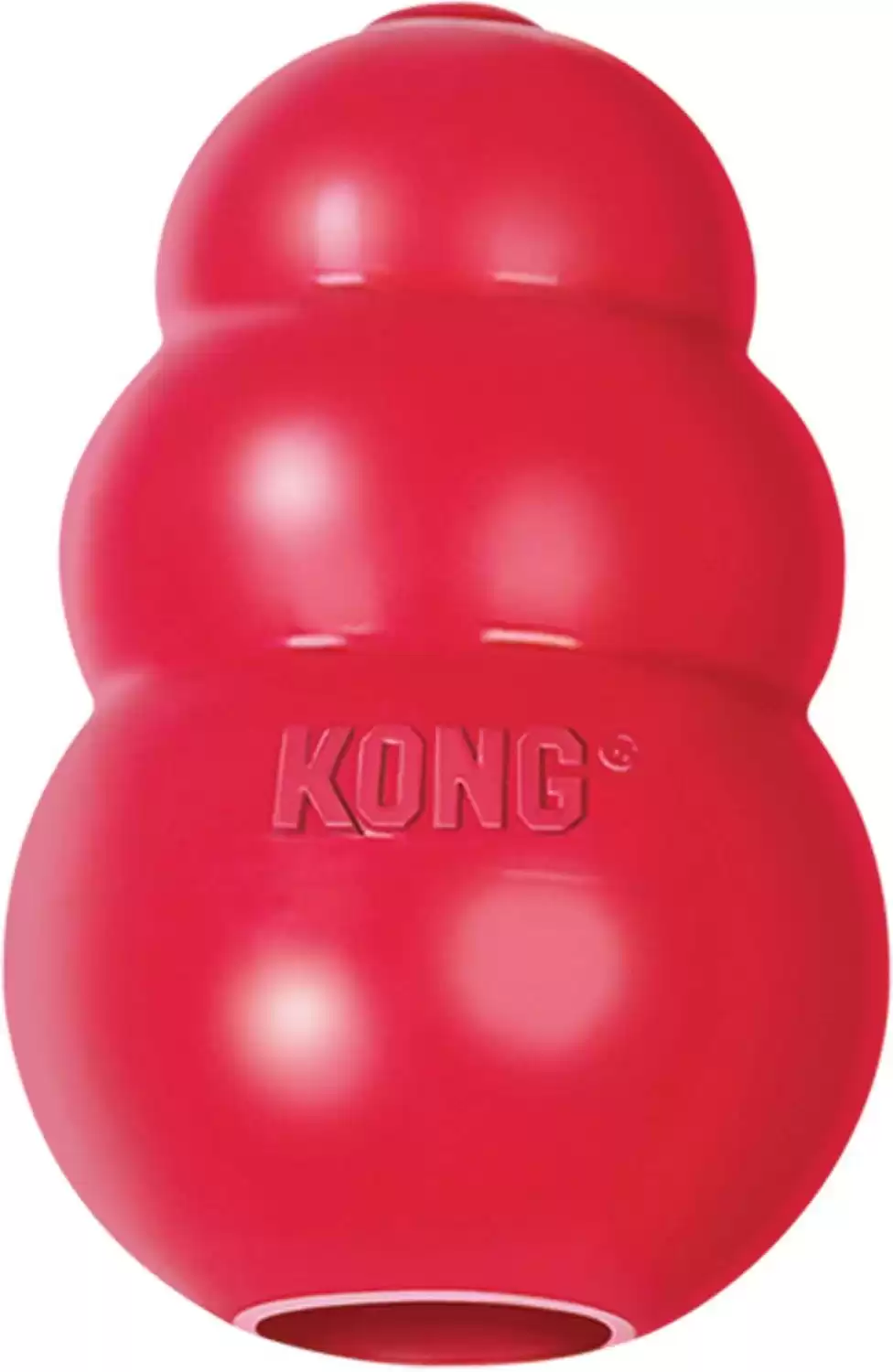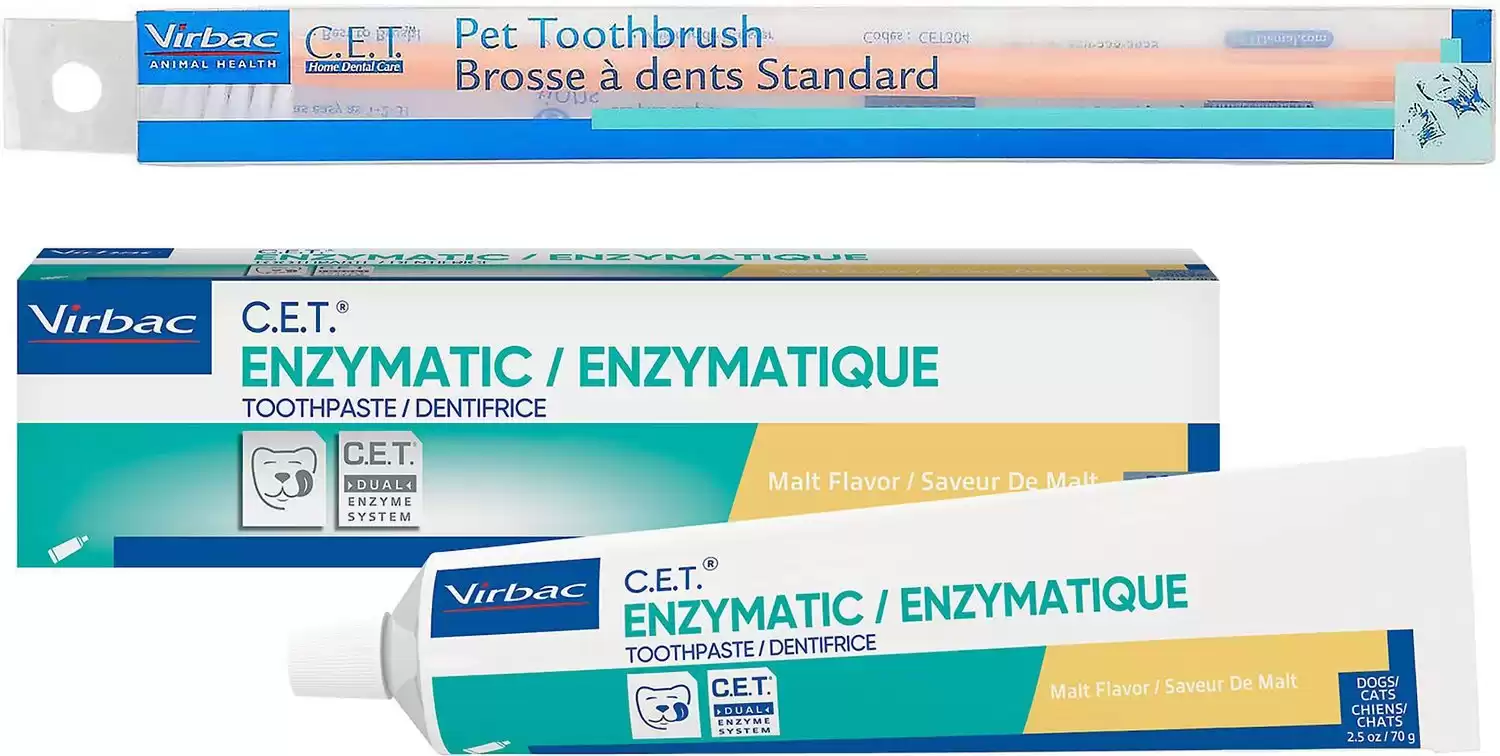We as dog owners love to spoil our furry friends, whether it’s with new toys, cuddles, dog treats, or sneaking them the leftovers from your dinner plate. With so many food options it is difficult to know if your dog is getting all the necessary nutrients so you may want to supplement with other foods. It is very easy to give in to those puppy dog eyes and give them the leftover rib bones on your plate, but is this safe? Should you give your dog rib bones? The simple answer is no, you should not feed your dog rib bones. There are many health risks and dangers that come with this.
- Purina One Smartblend Classic Ground Pate Dog Food
- Made With Real Chicken and Brown Rice
- Contains Antioxidants for a Healthy Immune System
- 100% Complete & Balanced Nutrition For Adult Dogs
- Added Vitamins And Minerals Provide Complete And Balanced Nutrition
The Dangers of Rib Bones to a Dog
Cooked or raw, rib bones pose many threats to your four-legged friend. Cooked bones are especially dangerous, as when they are cooked, the bone that was once soft and slightly malleable loses its collagen and becomes hard and brittle. Shards of the bone may splinter off and cause serious damage to your dog’s mouth, esophagus, and digestive tract. These splinters can result in lacerations to your dog’s tongue and gums and may cause an obstruction in the oral tract and digestive tract, leading to rectal bleeding, constipation, and dehydration. A tiny perforation caused by a bone splinter can lead to sepsis and be life-threatening. Cooked bones may also cause your dog’s teeth to break.
Usually, our food is seasoned with spices, sauce, and vegetables. Onions, garlic, nutmeg, and chives are all toxic to dogs so make sure if your meat is seasoned with any of these you do not give the bone to your dog.
When it comes to raw bones, people have the misconception that they cause no harm to dogs as this is what they would eat if they were in the wild. However, this assumption is incorrect. Raw bones contain salmonella and other harmful bacteria that can make your dog sick, causing vomiting, diarrhea, and dehydration. Even if your dog does not swallow the bone or meat from the bones, it can still become sick. Raw pork is especially dangerous to dogs, as this meat can transmit roundworm to your pet.
Rib bones also have a high-fat tissue content. Too much fat in the diet can lead to pancreatitis in your dog. Pancreatitis can be fatal if left untreated. Symptoms include vomiting, diarrhea, decreased appetite, fever, and abdominal pain.
•Dry or wet food formulated for puppies
•DHA for brain development
•Calcium & phosphorus for bone growth
What to Do if Your Dog Consumes a Rib Bone
If you do decide to give your dog a rib bone, or any other type of bone, it is essential to supervise them to ensure they do not swallow it. However, dogs are quick and sneaky. Signs your dog may have consumed a bone include:
- Constipation
- Thirst
- Gagging or coughing
- Discomfort
- Whimpering
- Weakness
If you notice any of these symptoms make sure to contact your veterinarian immediately. Open your dog’s mouth and examine its throat to ensure no bone fragments are lodged in the esophagus. It can help to feed your dog some soft foods such as wet dog food or bread as this will surround any bone fragments and help prevent any lacerations.
Certain bones, such as chicken bones will dissolve in the stomach acid of your dog. However, most will not. If you have concerns that your dog has swallowed a bone, monitor them closely and check their feces for bone fragments. Always consult with your veterinarian.
- Available in multiple sizes and densities
- Suitable for every stage of life and every size of dog
- Helps with teething and chewing
- Can be filled with treats
- Extremely durable
Safe Alternatives to Rib Bones
As tempting as it is to give your leftover rib bones to your dog rather than putting them in the trash, please don’t. There are so many alternatives that are more nutritionally beneficial and will prevent a rather expensive vet bill. Here is a list of alternatives and their health benefits to keep your furbaby happy and busy chewing:
- Chicken necks are high in protein and high in calcium. They are good for your dog’s dental hygiene as they are chewy and help clean your dog’s teeth.
- Tough rubber toys are a great distraction for your dog. Some toys you can place food and dog toothpaste into to help improve your dog’s oral hygiene.
- Cow or pig ears are high in protein and low in fat. They are very safe for your dog to consume and they improve dental hygiene by removing plaque from your dog’s teeth.
- Tendons are an excellent treat for your dog. They promote good hip and joint health in your dog due to hyaluronic acid and chondroitin sulfate which aid in the production of glucosamine in dogs. Glucosamine is essential for joint health.
- Antlers are excellent for a dog’s oral hygiene as they are extremely tough. When your dog chews on them, this removes plaque from their teeth and helps prevent periodontal disease.
- Lamb neck bones are a fantastic way to keep your dog busy. They provide your dog with high protein meat and essential amino acids while cleaning your dog’s teeth at the same time. They are arguably the most effective treat used to improve a dog’s dental hygiene.
Make sure to take into account the size of your dog and the size of the bone. Always avoid small bones, the bigger, the better.
- Easy to use toothbrush is designed for cats and kittens
- Soft bristles on a plastic fingertip cover
- Bundle includes two tubes of toothpaste
- Eliminates plague build-up and bad breath
- Gentle cleansing formula
Other Foods to Avoid Giving Your Dog
You’ve heard the term ‘everything in moderation, well unfortunately this is not always true. Some foods are toxic to dogs in high amounts, but there are also foods that are toxic in small amounts. Here is a list of foods to avoid giving your dog and why:
- Chocolate is extremely poisonous to dogs, even in small amounts. Chocolate contains theobromine which dogs cannot metabolize fully. Theobromine acts as a stimulant and is similar to caffeine. As little as 40mg/kg of chocolate can send your dog into cardiac arrest, and 60mg/kg is enough to cause a seizure. Signs of chocolate toxicity in your dog will appear anywhere between 6 and 12 hours after consumption. Contact your vet immediately, and it is important to be able to tell them how much chocolate and what kind your dog ate. Dark chocolate is the most lethal to dogs as it has the highest theobromine content.
- Onions, garlic, and chives, as mentioned already, are toxic to dogs as they cause damage to red blood cells, resulting in anemia, and cause gastrointestinal issues.
Other dangerous foods include:
- Grapes and raisins
- Macadamia nuts
- Mushrooms
- Potatoes
- Corn on the cob
Our little four-legged friends rely on us to keep them safe and healthy. It is important to keep yourself informed and what is good and what is bad for your dog. Save your dog from illness, and save yourself from a vet bill by constantly reading and informing yourself.
The photo featured at the top of this post is © iStock.com/Ilia Nesolenyi
Ready to discover the top 10 cutest dog breeds in the entire world?
How about the fastest dogs, the largest dogs and those that are -- quite frankly -- just the kindest dogs on the planet? Each day, AZ Animals sends out lists just like this to our thousands of email subscribers. And the best part? It's FREE. Join today by entering your email below.
Thank you for reading! Have some feedback for us? Contact the AZ Animals editorial team.










